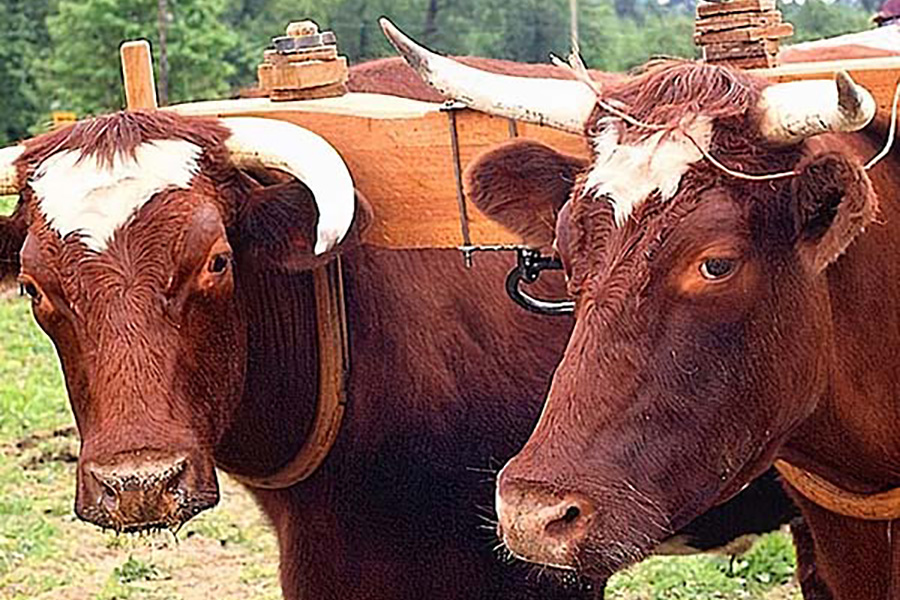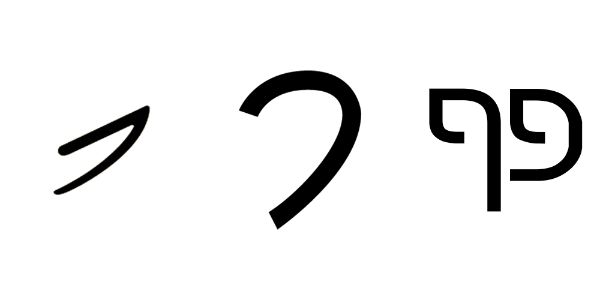The word āl (𐤏𐤋) means “height” meaning extent or distance upward. Also, an abbreviated form of 𐤏𐤋𐤉𐤅𐤍 (Ālayauan).
The Paleo-Hebrew language or the original language of the Ābarayam is one spoken with an emphasis on the rauakh (breath, wind, spirit). With the language of the Ābarayam, each letter has a meaning and a number associated with it that adds meaning to each word they’re used with. Below you will be able to learn more about the letter in Ancient Hebrew, Yiddish Hebrew, Greek, and much more.
Letter Meanings
| Letter | Meaning |
|---|---|
| 𐤏 (ā) – ā | eye, to see, experience, watch, heed, know, cover, color |
| 𐤋 (l) – la | staff, goad, control, toward, protect, authority, bind, yoke, lead |
| Ābarayat Number | 100 = 70 (ā) + 30 (l) |
| Hebrew Gematria | 21 = 1 (a) + 20 (l) |
| English Gematria | 78 = 6 (a) + 72 (l) |
| Simple Gematria | 13 = 1 (a) + 12 (l) |
Based on the meaning of the letters the word could be defined as:
- “eye of control”
- “eye to protect”
- “eye of authority”
- “eye to lead”
- “experience control”
- “experience to protect”
- “experience of authority (power)”
- “experience to bind”
- “experience to lead”
- “experience of yoke”
- “watch to protect”
- “watch of authority (power)”
- “heed to authority (power)”
- “heed yoke”
- “cover of protection”
- “cover of authority”
- “cover of yoke”
Definitions for 𐤏𐤋 / āl
| Language | Word | Transliteration | Pronunciation | Definition |
|---|---|---|---|---|
| Ābarayat | 𐤏𐤋 | āl | ehl | height, above, high, most High, Potentially written as ghal (pronounced: ghawl). |
| English | height | height | hahyt | extent or distance upward: |
| Hebrew | עַל | al | al | height |
| Arabic | على | ealaa | aw-lah | on the, on, the |
| Greek | ὕψος | hupsos | hoop’-sos | height, heaven; dignity, eminence. |
Images for 𐤏𐤋 / āl



Definitions for 𐤏𐤋𐤉 / ālay
When adding the 𐤉 (yad) to the end of a word, it creates a possessive of the original word. It can either signify “my…” or identify a member of a nation. For example, 𐤏𐤁𐤓 (Ābar) is the progenitor, but 𐤏𐤁𐤓𐤉 (Ābaray) is the singular descendant of him also known as a Hebrew.
| Language | Word | Transliteration | Pronunciation | Definition |
|---|---|---|---|---|
| Ābarayat | 𐤏𐤋𐤉 | ālay | ehley | a pestle |
| English | pestle | pestle | pes-uhl | |
| Hebrew | עֱלִי | eli | el-ee' | |
| Arabic | ||||
| Greek |
Images for 𐤏𐤋𐤉 / ālay


Definitions for 𐤏𐤋𐤉𐤌 / ālayam
When adding the 𐤌 (mayam) after the 𐤉 (yad) to the end of a word, it creates a plural of the original word. It can identify multiple members of a nation. For example, 𐤏𐤁𐤓 (Ābar) is the progenitor, but 𐤏𐤁𐤓𐤉𐤌 (Ābarayam) are the plural descendants of him also known as Hebrews.
| Language | Word | Transliteration | Pronunciation | Definition |
|---|---|---|---|---|
| Ābarayat | 𐤏𐤋𐤉𐤌 | ālayam | ehl-yawm | leaves |
| English | leaves | leaves | leevz | the plural of leaf. |
| Hebrew | עַלִּים | elim | el-eem | leaves |
| Arabic | ||||
| Greek |
Images for 𐤏𐤋𐤉𐤌 / ālayam


Definitions for 𐤏𐤋𐤉𐤕 / ālayat
When adding the 𐤕 (tau) after the 𐤉 (yad) to the end of a word, it creates a plural of the original word. It identifies the language or a sign of a nation’s existence. For example, 𐤏𐤁𐤓 (Ābar) is the progenitor, but 𐤏𐤁𐤓𐤉𐤕 (Ābarayat) is the language of him also known as Paleo-Hebrew language.
| Language | Word | Transliteration | Pronunciation | Definition |
|---|---|---|---|---|
| Ābarayat | 𐤏𐤋𐤉𐤕 | ālayat | ehl-yawt | a roof chamber, chamber |
| English | chamber | chamber | cheym-ber | a room, usually private, in a house or apartment, especially a bedroom: |
| Hebrew | עַלִּית | allith or illi | al-leeth' | a roof chamber |
| Arabic | ||||
| Greek |
Images for 𐤏𐤋𐤉𐤕 / ālayat


Classification
You can continue your studies of the words by viewing Strong’s entries for:



